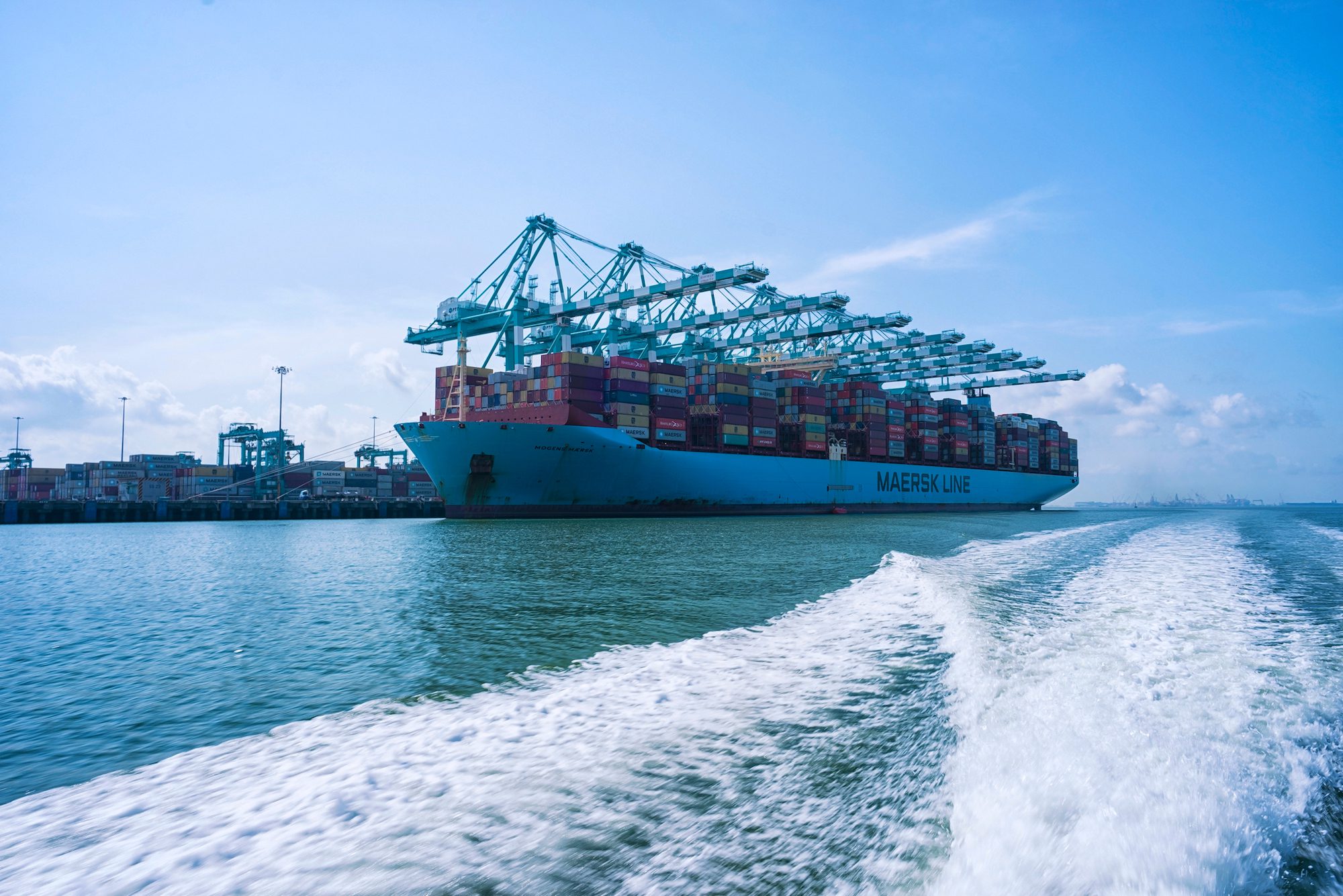Engine developer WinGD has joined the Methane Abatement in Maritime Innovation Initiative (MAMII), becoming the first engine developer to become a partner in the growing cross-sector push to better understand and address methane from LNG-fueled ships.
LNG, primarily methane, can play a role in reducing shipping emissions. But its climate benefits depend on methane being effectively managed. Proven technologies for onboard methane abatement are emerging, and organizations like WinGD are already driving adoption across the sector.
WinGD is one of the world’s leading developers of marine engines and a major supplier of systems that run on LNG. As the first engine designer to join MAMII, WinGD brings expertise and performance data helping the coalition better understand how technology can be applied to reduce methane emissions across the maritime sector.
“Methane slip remains the key component in tackling methane emissions. WinGD’s involvement gives us deeper visibility into how an engine manufacturer produces continuous improvement beyond expectations. Together we aspire to make methane slip a problem of the past,” said Panos Mitrou, Chair of MAMII.
“Engine technology has come a long way in just a few years, and it’s moving fast. We’ve made major strides in reducing methane slip from WinGD engines – from 1.7% of gas volume a decade ago to lower than 0.8% in today’s engines, with a target of 0.5% or below.
“But to effectively reduce methane slip we need to advance in areas beyond engine technology, including measurement, certification and effective regulation. By joining MAMII, we’re reinforcing our commitment to a collective effort that’s accelerating at a pivotal moment for the industry,” added Dominik Schneiter, CEO of WinGD.





